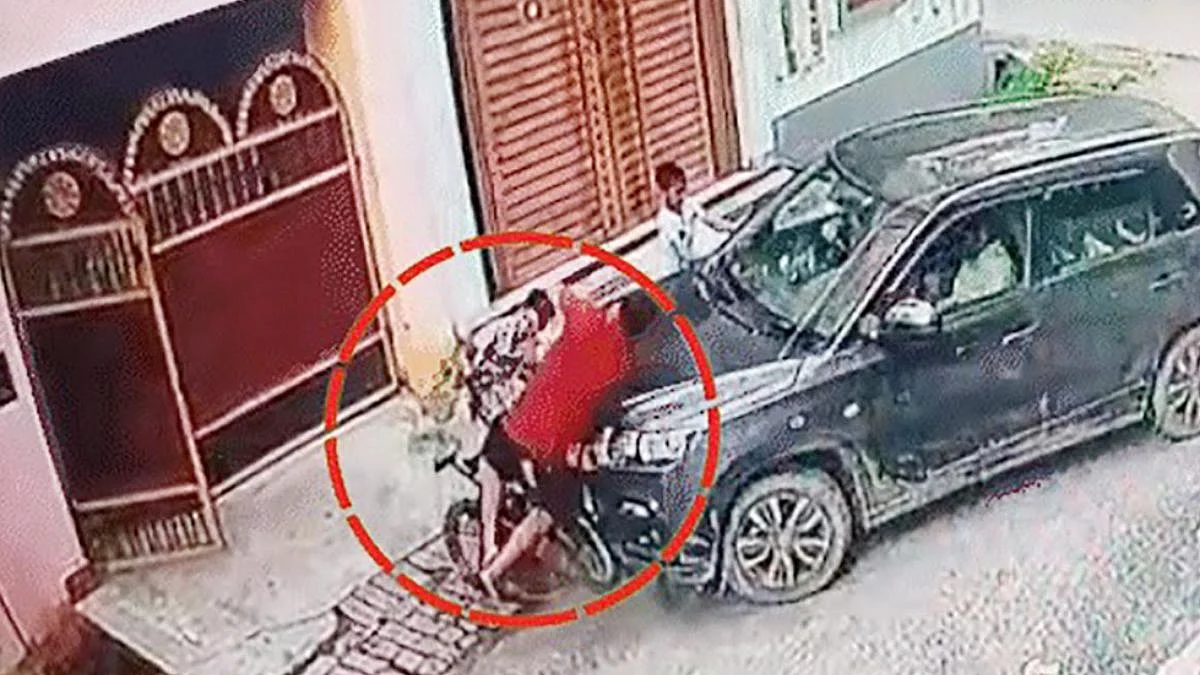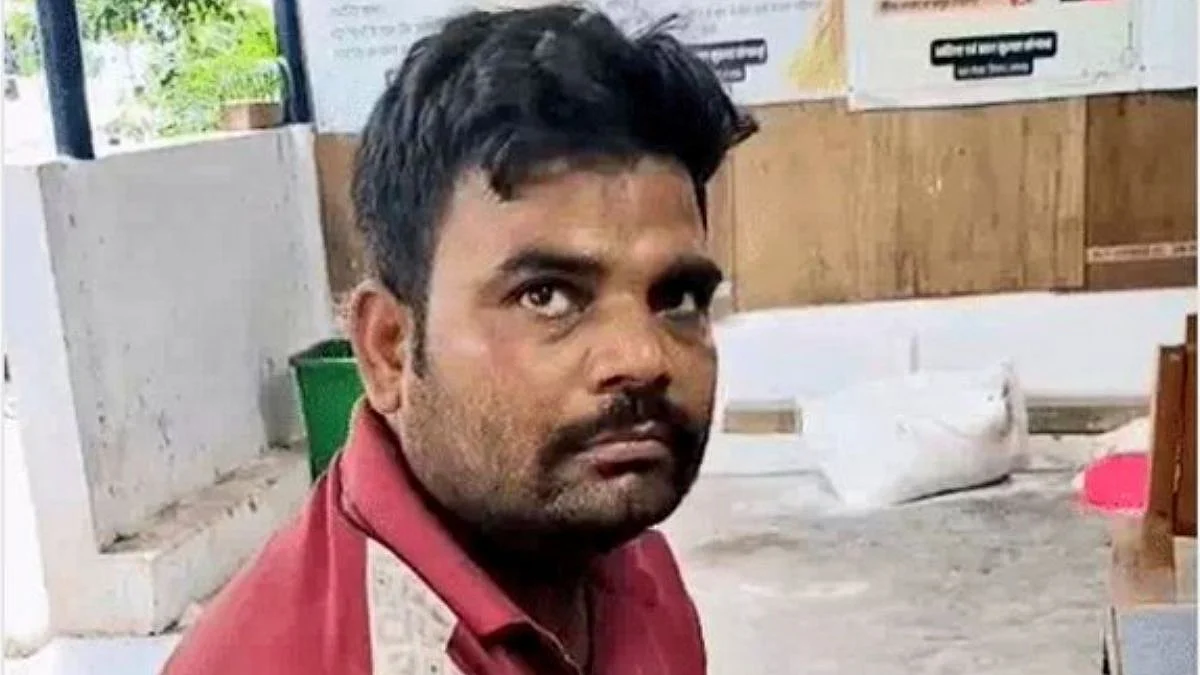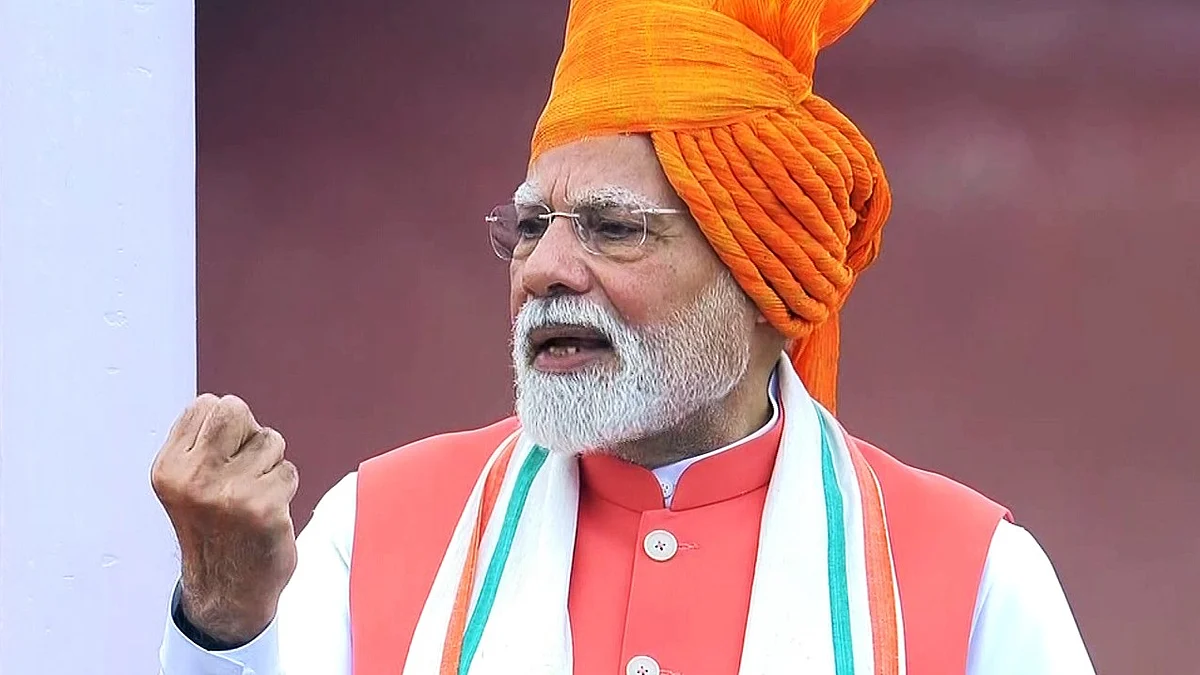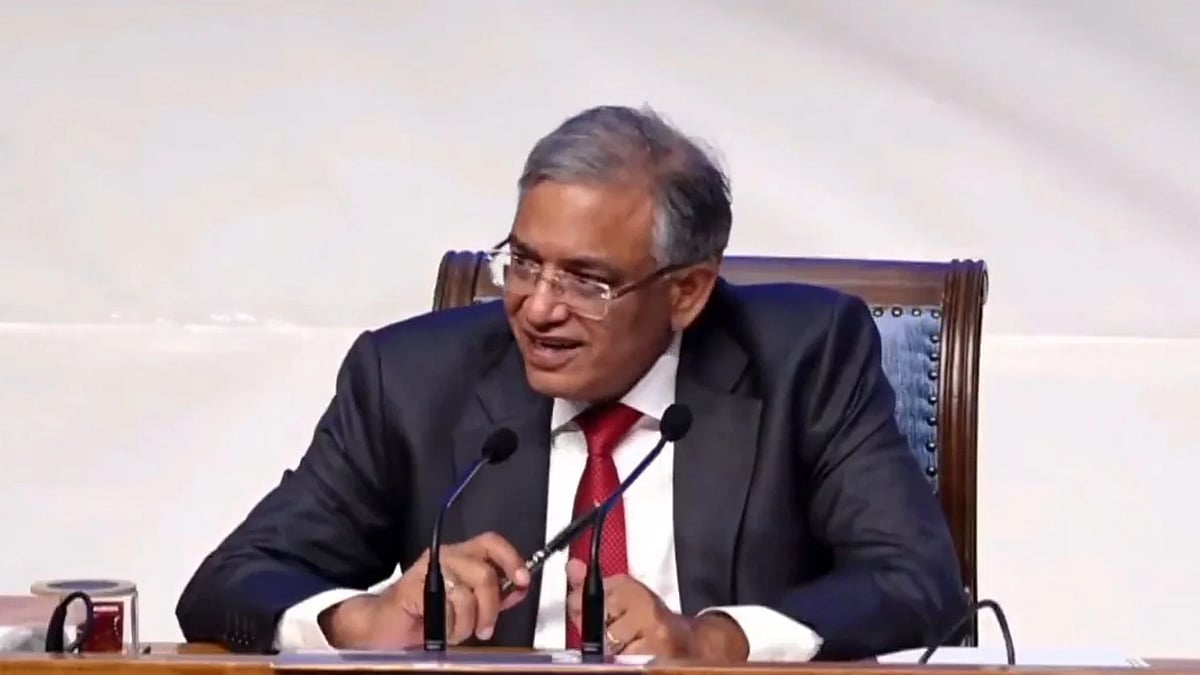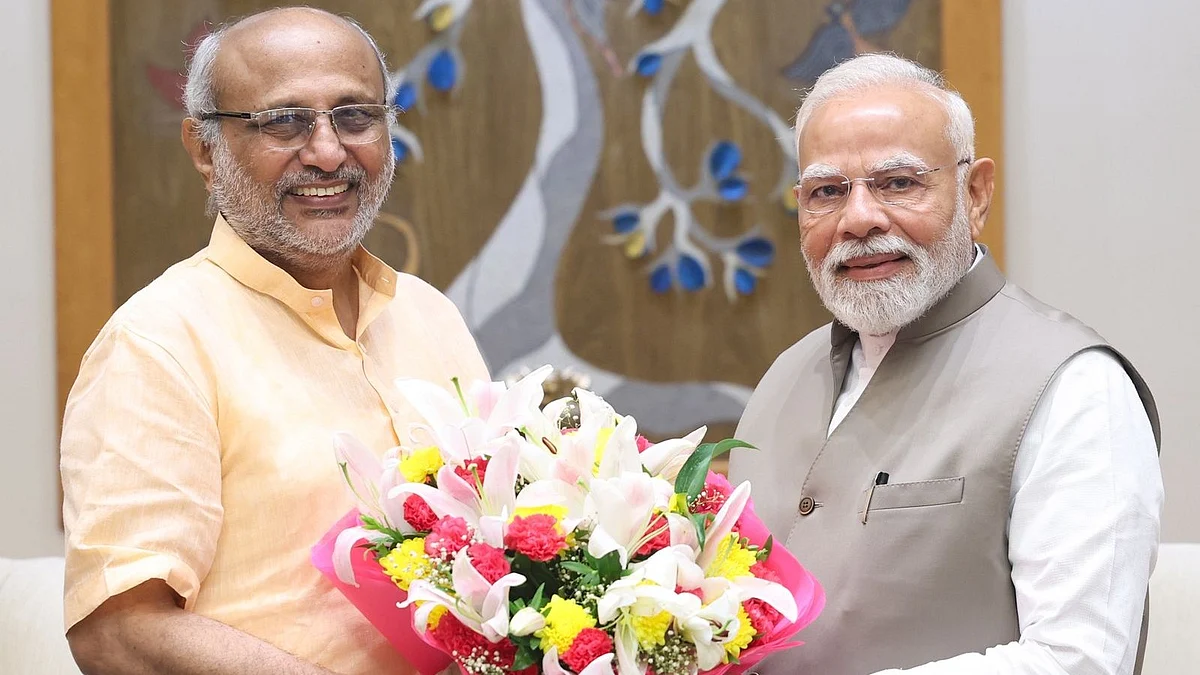In the grand tapestry of India’s democracy, the 2024 Lok Sabha elections are unfolding like a classic drama, with the Bharatiya Janata Party (BJP) chanting the mantra of “Charsau Par” (400 plus seats) while the Opposition crafts a mosaic of counter-narratives across the diverse states. At the heart of this electoral saga is the BJP’s ideological crusade, with Hindutva as its central theme — a narrative that finds its crucible in the cultural cauldron of West Bengal.
West Bengal, with its rich political heritage, stands as a bastion where the BJP’s ideological roots are deeply intertwined with the legacy of Syama Prasad Mookerjee, the founder of the Jana Sangh from which the BJP emerged. The state’s historical resistance to the saffron wave only heightens the party’s resolve to make inroads into this politically vibrant landscape.
The Rashtriya Swayamsevak Sangh (RSS), the ideological parent of the BJP, has been a silent architect in this quest, weaving a network of grassroots organisations and welfare initiatives across Bengal since 2014. The Hindu Jagaran Manch and other right-wing groups have rallied under the RSS banner, creating a socio-political undercurrent that has gradually permeated the state’s fabric.
Yet, despite a decade of growing influence, the BJP faces a conundrum in Kolkata, the intellectual and cultural heart of Bengal. Under the leadership of Sukanta Majumdar and Subhendu Adhikari, the party grapples with gaining acceptance in a city that commands a disproportionate influence over the state’s political psyche. The “bhodrolok” (gentlefolk) of Kolkata, with their intellectual clout and cultural capital, continue to be the kingmakers, shaping the political narrative and electoral outcomes.
In analysing West Bengal's political history, a critical observation arises regarding the regional dynamics between rural and urban leadership. Throughout the 35-year tenure of the Left regime, the Communist Party of India (Marxist) boasted a robust grassroots presence in Bengal's villages, showcasing significant organisational prowess. However, a noteworthy trend emerges when examining the upper echelons of leadership within the Left and CPI(M) — a distinct Kolkata-centric focus.
Notable leaders such as the late Jyoti Basu, a former Chief Minister and prominent leftist figure, along with former CM Budhadeb Bhattacharya, hailed from Kolkata's elite circles, emblematic of this urban-centric leadership trend. This shift towards Kolkata-based leadership, despite the Left's stronghold in rural areas, underscores a nuanced dynamic within the party's hierarchy.
Similarly, during the Congress regime in West Bengal, key leaders like the first CM, late Bidhan Chandra Roy, former CM late Siddhartha Shankar Roy, and even former President of India, late Pranab Mukherjee, enjoyed substantial popularity and acceptance within Kolkata. Notably, Roy and Roy primarily contested and secured victories in assembly constituencies situated within Kolkata, highlighting the city's pivotal role in shaping the political narratives of the time. Even, current Chief Minister, Mamata Banerjee, hails from Kolkata and always fought and won from Kolkata.
This historical context illuminates a recurring theme of Kolkata's significance in West Bengal's political landscape, transcending ideological affiliations and party lines. It underscores the city's status as a crucible of political power and influence, where leaders from diverse backgrounds have garnered substantial support and left indelible marks on the state's political history.
In the heart of Kolkata, where the Ganges meanders through history and culture, the Bharatiya Janata Party (BJP) finds itself at a crossroads, grappling with the city’s intellectual ethos. The “bhodrolok,” Kolkata’s genteel class, steeped in a legacy of Left-leaning ideology and secularism, remain elusive to the BJP’s overtures.
The BJP’s narrative, steeped in Hindutva, has stirred the waters of Kolkata’s traditionally secular pond, causing ripples of concern among its residents. In 2015, the party’s West Bengal chapter, under the stewardship of Dilip Ghosh, saw organisational growth but failed to resonate with Kolkata’s refined discourse. Ghosh’s rhetoric, often blunt, seemed discordant with the city’s nuanced political symphony.
Post the 2021 assembly election setback, the BJP recalibrated, bringing in Sukanta Majumdar, a professor of Botany, known for his soft-spoken demeanor. Yet, even this change couldn’t anchor the BJP’s ship in Kolkata’s harbors. Subhendu Adhikari, once a confidant of Mamata Banerjee, now leads the charge, but his leadership, while effective elsewhere, doesn’t quite capture Kolkata’s imagination.
The BJP’s quest to court Kolkata’s influencers — a cadre of intellectuals, artists, and sports icons — has been met with reticence. Attempts to enlist figures like the classical maestro Ajoy Chakraborty and cricketing legend Sourav Ganguly have borne little fruit. Even Swapan Dasgupta, a right-wing intellectual with deep roots in Bengal, couldn’t bridge the gap, his long tenure in Delhi distancing him from Kolkata’s inner circles.
Anirban Ganguly’s candidacy in Jadavpur, an attempt to present a “bhodrolok” face for the BJP, has yet to sway the city’s elite. The BJP’s narrative, it seems, is still searching for its place in the cultural lexicon of Kolkata.
As the Lok Sabha elections unfold, the BJP may find success in the broader landscape of West Bengal, but the true test lies in winning the hearts of Kolkata. For the BJP, electoral victory is only half the battle; the other half is securing intellectual and cultural acceptance within the city’s influential circles. To govern West Bengal, the BJP must weave itself into the fabric of Kolkata’s society, earning the endorsement of its “bhodrolok,” whose influence extends far beyond the city’s borders.
In this electoral odyssey, the BJP’s challenge is not merely to secure seats but to resonate with the soul of Kolkata, where the echoes of political discourse are as old as the city itself. The outcome will not only determine the BJP’s fate in Bengal but will also reflect the evolving narrative of India’s vibrant democracy.
The author, a columnist and research scholar, teaches journalism at St. Xavier's College (autonomous), Kolkata. He tweets at @sayantan_gh. Views are personal


